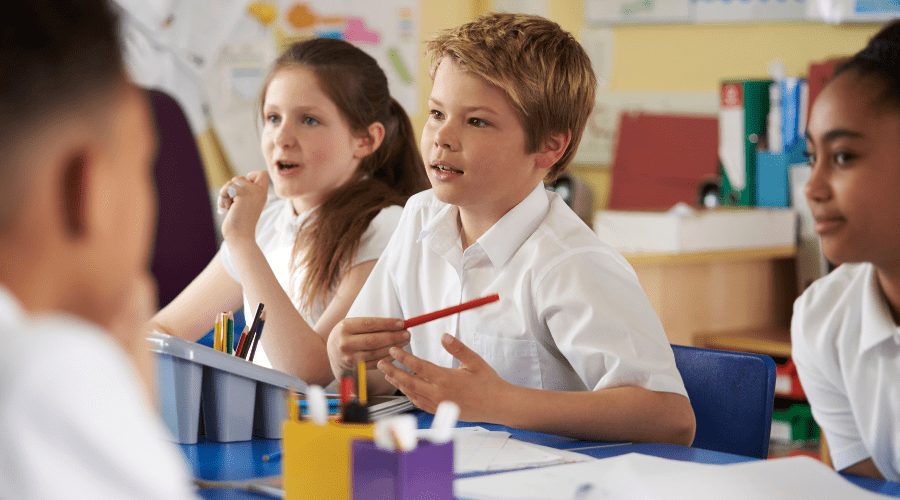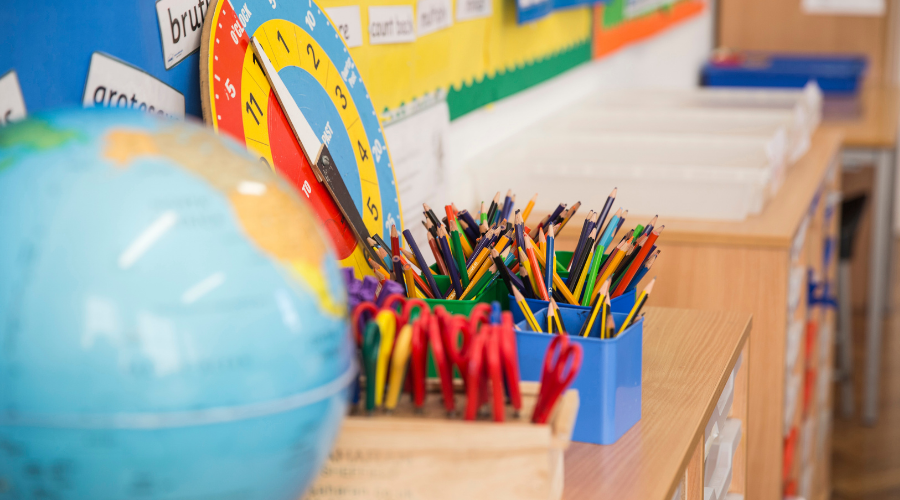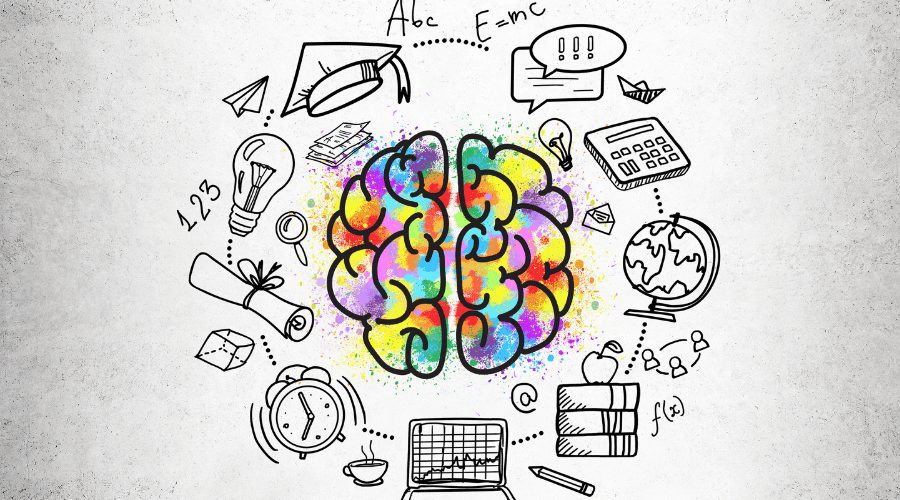Authored by John Snell
Developing critical thinking skills in primary schools can appear to be a daunting challenge for educators in the UK. After all, how do you begin to develop these skills in children as young as four? Over 25 years working in education as a classroom teacher and now head teacher, I have always been interested in the purpose of education – and to add value to the process of helping children learn.
It is all too apparent to me that education is far more than the acquisition of knowledge, and it is our essential duty as educators to prepare children for their future lives. Knowledge itself will not equip children with the skills necessary to navigate their way through life, nor it could be argued, will it prepare them for future careers. So where do we begin? How do schools look to teach these skills while also covering the statutory national curriculum?
While finding time in the school day to teach critical thinking skills may be a challenge, I believe it is possible to teach these skills alongside the day to day teaching. In many ways, I see this as a hugely valuable and relevant way to develop understanding, as the content of the lessons is then presented more deeply, and for our learners is more relevant.

Let me explain how this might look in a classroom. Imagine a maths lesson (or any other lesson) where the teacher is explaining a concept. For the younger children, this might be a simple calculation – what is 5+5? In an average class, it is likely that most children will be able to give a correct answer, however is this enough? In fact, is the correct answer what we are looking for at all? This might seem counterintuitive to many outside the profession but here is where there is a fantastic opportunity to develop deeper thinking skills than would ordinarily be covered. In many classrooms, there may be a short acknowledgment that 10 is the correct answer – and that 9 or 11 are incorrect – and, due to the amount of subject coverage required to be taught in a school day, the teacher would quickly move on to the next question. My point here is that teachers should stop here and ask, ‘how do you know?’ Simply put, can the children explain deeply, how they know 5+5=10. From my experience, children initially look blank or reply, ‘because it is’, however by probing further, children are actually able to explain ‘10’ through using practical resources and the fact that they know their number bonds – and how numbers/amounts work. Many children will, if challenged, be able to demonstrate this through practical equipment or through using their fingers to count. This conversation needn’t be long (indeed I would not advocate the ‘how do you know?’ strategy to every question asked during the school day!) however I believe it is a simple way to begin to enable children to think critically.
This can also be applied to any subject – how do you know Mount Everest is the highest mountain? How do you know that a word is an adjective? By employing this approach day to day, children are developing their ability to question what they know and think deeply. Further up the school, this skill is explored more literally through studies in propaganda relating to World Wars, advertising and other more ‘obvious’ lessons that teach children to be critical in their thinking. I believe this simple approach not only adds value to learning but helps prepare our children for a future life where they will question what they are told and have the skills to avoid being manipulated and coerced, whether by media, politics or otherwise.


